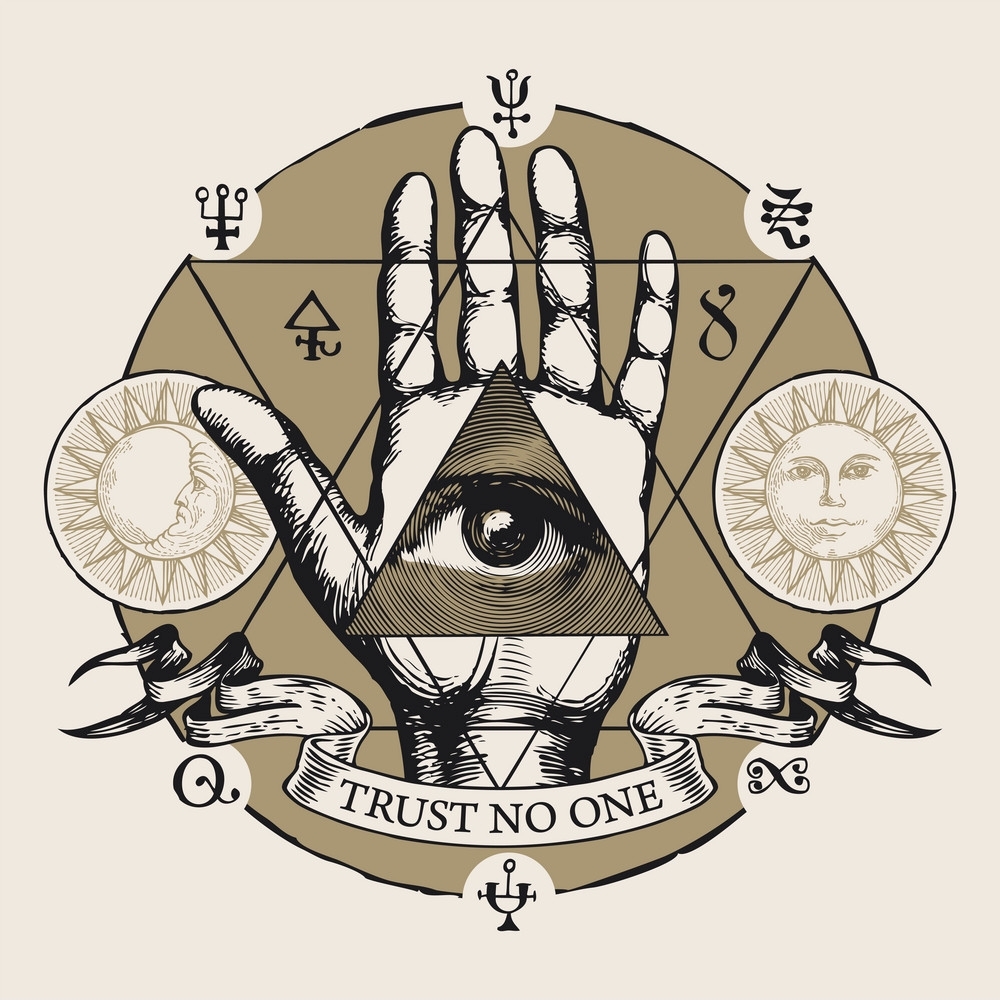Ardent white supremacist Thomas Dixon Jr. wrote a novel, The Clansman, in 1905 which 10 years later became the most watched racist media production in history, The Birth of a Nation. Dixon had a huge platform and continued airing his bigotry through his novels and plays and on the lecture stage. In the late 1920s, he invested in Wildacres—an Appalachian resort in North Carolina—which he then lost in the great crash of 1929.
Martin Luther King, Jr., reminded us that “the arc of the moral universe is long, but it bends toward justice.” So it was when the 1,200-acre resort was purchased by I.D. Blumenthal, a successful Charlotte, North Carolina, businessman and a Jew. Blumenthal began inviting groups of artists to spend a week each at Wildacres throughout the summer. In 1972, the resort transformed into an independent nonprofit dedicated to “the betterment of human relations.” Christian and Jewish groups began convening there for their summer getaways. B’nai Brith, the Jewish service organization, holds an annual retreat there, as do several synagogues in the region.
Today Wildacres also provides breathing space and plenty of room for an annual conference of Jewish, Christian and Muslim scholars. And what would Dixon, the virulently anti-feminist opponent of women’s suffrage, think of the fact that this year, the scholars involved were all women?
The Muslim speaker was Mona Hassan, associate professor of Islamic studies and history at Duke University. The Christian representative was Anathea Portier-Young, professor of Old Testament at Duke Divinity School. And the Jewish scholar was Laura Suzanne Lieber, a professor of religious studies at Duke. The theme this summer was simply, “Breath.”
Breath is a particularly appropriate metaphor now for, as Interfaith Institute program director, Amy Laura Hall indicated, women were likely holding their collective breath this summer after the Supreme Court overturned Roe v. Wade and states began rolling back abortion without exemptions for rape, incest and the health of the woman; not to mention the “I can’t breathe” plea for mercy by George Floyd that became the rallying cry of tens of thousands of disenfranchised two summers ago.
For scholar/preacher Portier-Young, breath represents a physical reset after the stresses of the pandemic. “What does it mean to reconnect with self, with community, with God?” she said.
“One key definition of life is respiration,” added Lieber. “But it’s never just physical; it has a connotation of soul. Breath is a connective tissue.”
After all, life begins with breath as does the story of Man in the Bible. (“God formed a man from the dust of the ground and breathed into his nostrils the breath of life.”—Genesis.)
“When we gathered on Zoom to plan it, I just want time to catch my breath,” said Hall “We kept gravitating back toward that as a theme.”
It’s likely that were he alive, Dixon’s breath, too, would hitch over how much times have changed, how the religious and racial landscape has changed, and how we have all, because of Interfaith retreats such as this one, been afforded the opportunity to catch our breath and leave our burdens behind.
_______________
From its beginnings, the Church of Scientology has recognized that freedom of religion is a fundamental human right. In a world where conflicts are often traceable to intolerance of others’ religious beliefs and practices, the Church has, for more than 50 years, made the preservation of religious liberty an overriding concern.
The Church publishes this blog to help create a better understanding of the freedom of religion and belief and provide news on religious freedom and issues affecting this freedom around the world.
The Founder of the Scientology religion is L. Ron Hubbard and Mr. David Miscavige is the religion’s ecclesiastical leader.
For more information visit the Scientology website or Scientology Network.
DOWNLOAD THE WHITEPAPER

